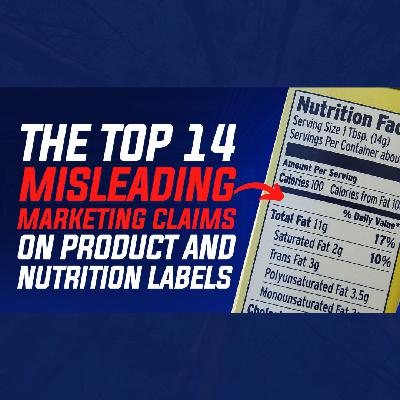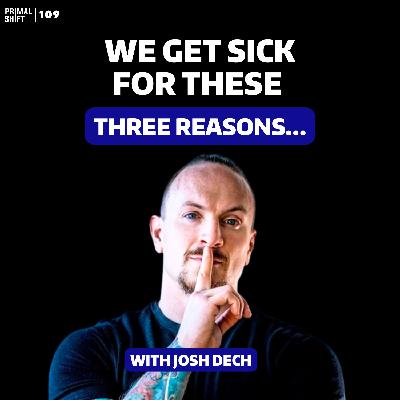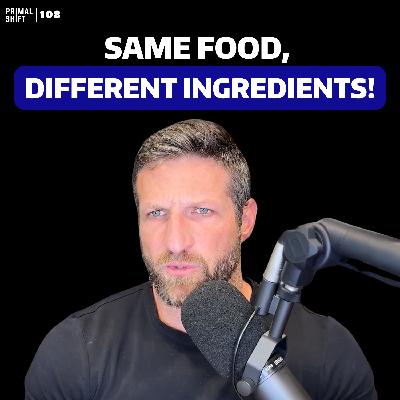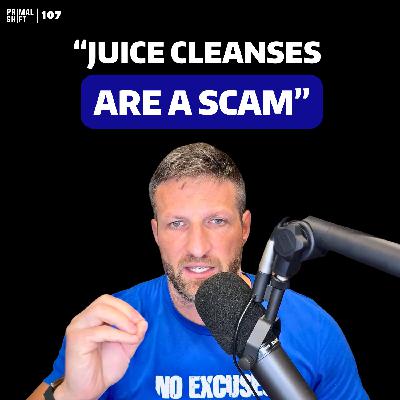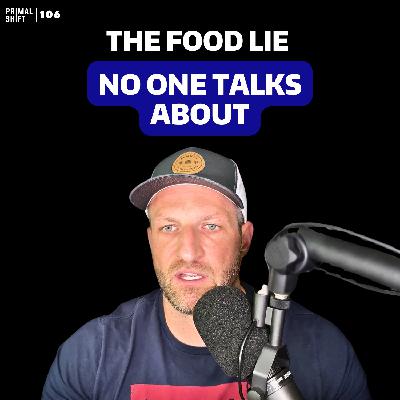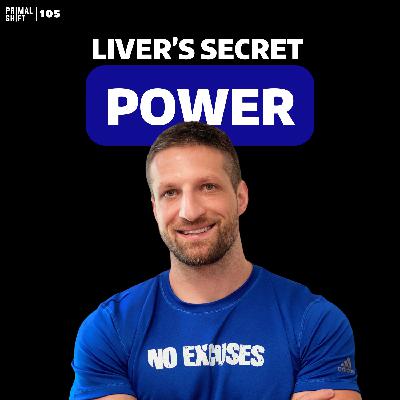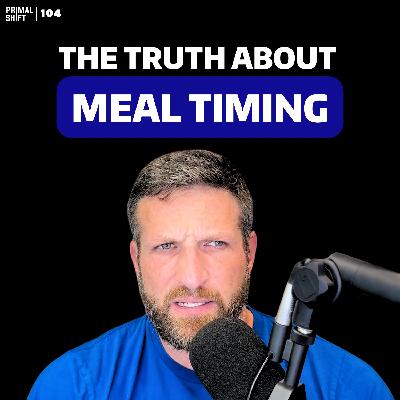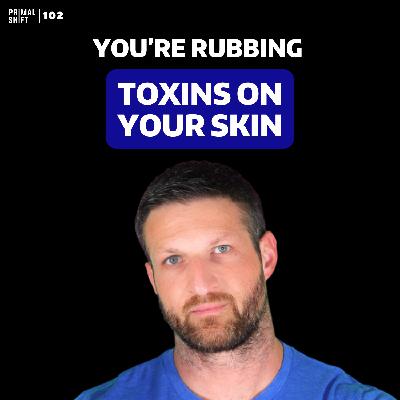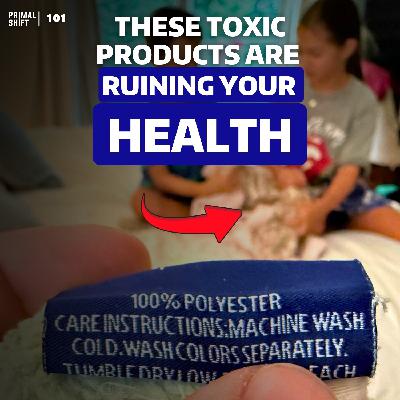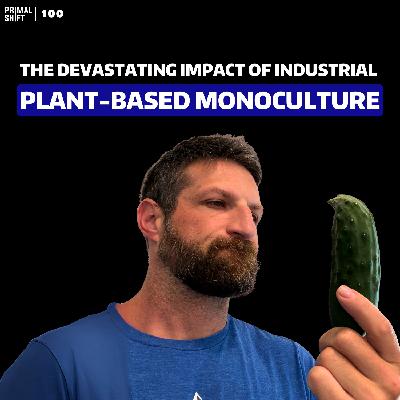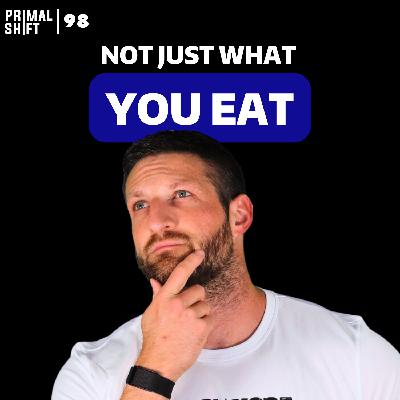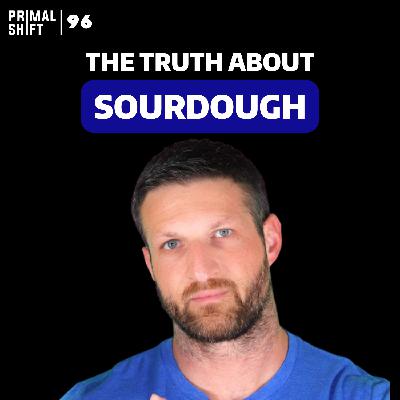13: Why You Shouldn’t Trust Nutrition Labels
Description
When it comes to shopping for food and supplements, one crucial skill is the ability to decipher nutrition labels. Despite ridiculous labeling laws, it’s like the Wild West out there, making it incredibly difficult to understand nutrition labels.
In today’s episode, I dive into the top 14 marketing claims on product labels that are often meaningless and misleading. Plus, I'll share tips on what you should keep an eye out for when navigating the grocery and supplement aisles.
In this episode, I discuss:
01:25 - All Natural Label Claims
02:07 - Fat Free or Low Fat Labels
03:34 - Fortified with Vitamins and Minerals
04:37 - Gluten Free
05:33 - Great Source of Vitamins
07:50 - Grass-Fed and Pasture-Raised
10:25 - Heart Healthy
11:18 - No Sugar Added
13:54 - Non-GMO
14:59 - Organic
17:36 - Plant-Based and Vegan
18:54 - Sugar-Free
20:30 - Artificial Sweetener
21:06 - Vegetarian Fed
23:14 - Tips for Healthier Grocery Shopping
Learn more from Michael Kummer:
Use code “primalshift” to save 15% on your order at https://shop.michaelkummer.com/
Website: https://michaelkummer.com/
Instagram: @mkummer82
Resources for label claims:
-
All Natural
The term “all natural” is completely meaningless and does not signify whether a product or its ingredients are healthy. Examples of “all natural” compounds you wouldn’t want in your diet include arsenic, E. coli, lead, gluten, linoleic acid and phytoestrogens.
When I see products with this label, I view it as an indication that the brand is trying hard to make an unhealthy product look healthy. As a result, I recommend you steer clear of such products unless you’re an experienced label reader.
-
Fat-Free (or Low Fat)
The terms “fat-free” and “low fat” are misleading labels that many people associate with healthy products because there is still a misconception that fat (particularly saturated fat and cholesterol) is terrible for your health.
As discussed in this article, saturated fat is actually good for your health. It doesn’t clog your arteries, and it doesn’t increase your risk of cardiovascular disease.
While I have no issue with certain (naturally) fat-free foods, such as sweet fruits, I recommend staying away from most processed foods that are labeled as fat-free.
After all, removing fat from a product almost always means adding sugar — fat-free yogurt being a prime example.
I recommend buying plain, full-fat products made with A2 milk if you like yogurt. We make our own yogurt using full-fat milk from 100% grass-fed cows.
-
Fortified (Cereals, Crackers)
Many parents feed their kids fortified foods in an effort to ensure they get an adequate amount of micronutrients. The problem is that junk food that has been “fortified” with synthetic vitamins (that the body can’t absorb) is still junk food. I’m specifically referring to cereals or crackers.
In other words, if the food you feed your kids isn’t naturally nutrient-dense, you shouldn’t be providing it in the first place. Remember, most processed foods contain inflammatory ingredients, such as grains, nuts, seeds and vegetable oils that can damage the delicate lining inside the gut and cause chronic inflammation among other issues. Additionally, the body poorly absorbs synthetic minerals and vitamins added to fortified foods and most of them end up in the toilet.
Meat, fat and organs from responsibly raised and wild-caught animals, pastured egg yolks and raw dairy are naturally rich in nutrients and do not require fortification. But if your kids are like mine and don’t like the taste of organs or are sensitive to dairy or eggs, consider sneaking them into meatballs or patties (we have been successfully doing that with ours) or offering them freeze-dried beef liver capsules.
Our six and eight-year-olds get a whole serving of liver every day in the form of freeze-dried liver capsules.
-
Gluten-Free
None of the products I consider to be fit for human consumption — responsibly raised animals, pastured eggs, raw honey and sweet fruits — are natural sources of gluten. In other words, you’ll likely only see that label on processed products you shouldn’t be eating on a regular basis anyway.
Regardless, a “gluten-free” designation can be helpful for those who suffer from celiac disease. The problem is that many people who don’t have celiac disease equate “gluten-free” with healthy, which is often not the case.
For example, gluten free cookies that contain almond flour and vegetable oil aren’t any healthier than those made with wheat flour and butter. In fact, I’d argue that wheat flour is healthier (though not healthy) than a combination of almond flour and vegetable oil, since the latter combo has twice the potential to irritate your gut and negatively impact your metabolism.
Of course, like I said above: if you have celiac disease and even trace amounts of gluten can set off an allergic reaction, the label gluten-free is meaningful. But even in that case, I’d argue that buying only products that are naturally gluten-free is the better (and healthier) option than buying products that were made gluten-free.
-
Great Source of Vitamins
While gut microbes can produce certain micronutrients, we need to obtain many of them from the food we eat. As a result, consuming nutrient-dense foods is vital for optimal health.
However, many micronutrients exist in various forms in nature, and not all of those forms are readily absorbable.
For example, meat (and in particular, organ meat such as liver) contains retinol, a highly absorbable and bioavailable type of preformed vitamin A.
Plants, on the other hand, have beta carotene and other precursors of vitamin A that are poorly absorbed and not very bioavailable. The same goes for iron, vitamin K and other micronutrients.
So if you see products at the grocery store that claim to be an excellent source of certain vitamins or minerals, know that there’s a good chance the body will poorly absorb the nutrients contained in those foods.
Examples include spinach (non-heme-iron, Vitamin K1) and carrots (beta carotene).
The best source of vitamins and minerals is organ meat from ruminant animals and, in particular, liver. That’s why I decided to launch a line of freeze-dried organ meat supplements to offer read

